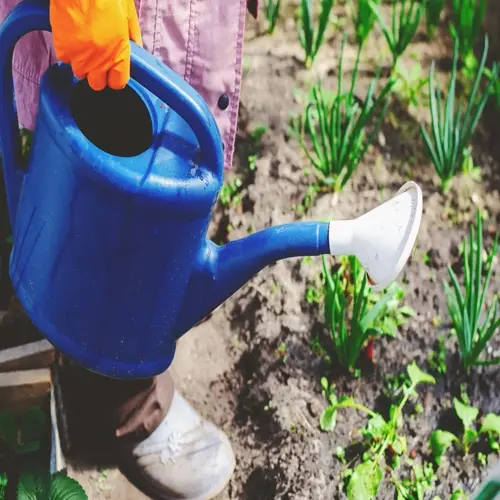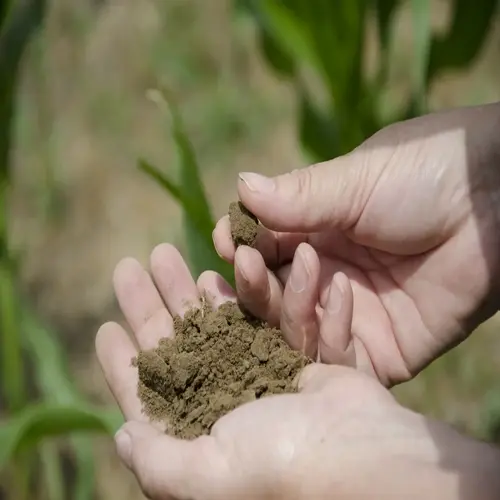What amendments improve poor soil quality?

Written by
Michael Sullivan
Reviewed by
Prof. Samuel Fitzgerald, Ph.D.Improving poor soil quality will require specific amendments tailored to the deficiencies. Ensure that you tailor the treatment to your soil test results for optimal improvement. Shortages of organic matter need compost, and compaction needs gypsum. Applications of greensand will resolve potassium deficiencies.
Soil assessments provide precise interventions via nutrient level reports, and texture assessments like: low organic matter (less than 3%) requiring urgent (and compost) treatment; compacted clay needing structural amendments; and potassium deficiencies evident in poor fruiting plants and leaf scorching.
Compost
- Adds organic matter below 3%
- Improves water retention and microbial activity
- Apply 1-3 inch layer annually
Gypsum
- Breaks up compacted clay soils
- Adds calcium without altering pH
- Apply 10-20 lbs per 100 sq ft
Mycorrhizal Inoculants
- Boosts nutrient uptake in deficient soils
- Enhances root growth and drought resistance
- Apply at planting per package instructions
*Utilize amendments properly* for optimum effectiveness. Before planting, prepare your soil by amending it with compost and working it into the top 6 inches. Spread gypsum over your area when rain is expected. Incorporate greensand in the root zones for the best results. During planting, apply mycorrhizae directly at the root sites and avoid using chemical fertilizers during the establishment phase.
Keep track of progress by observing plant responses and doing follow-up tests. Within a few weeks after applying gypsum, expect improved drainage. Improved color in foliage will become visible after correcting potassium. From now on, test the soil annually to identify and correct deficiencies. Your garden will be reshaped by enhanced soil health.
Read the full article: Garden Soil Testing: Everything You Need to Know

